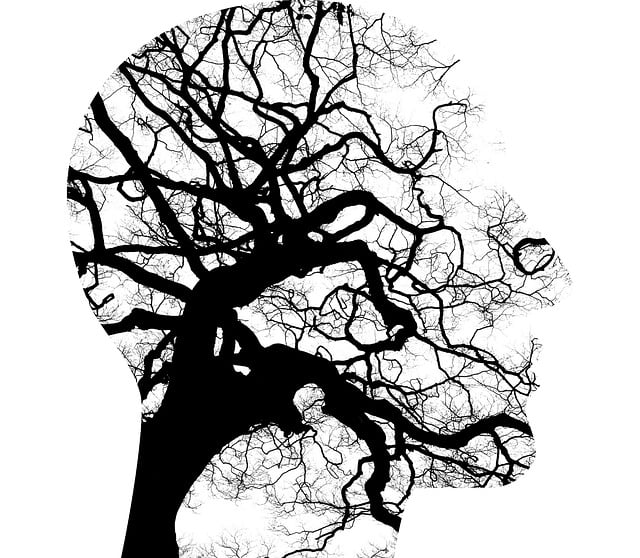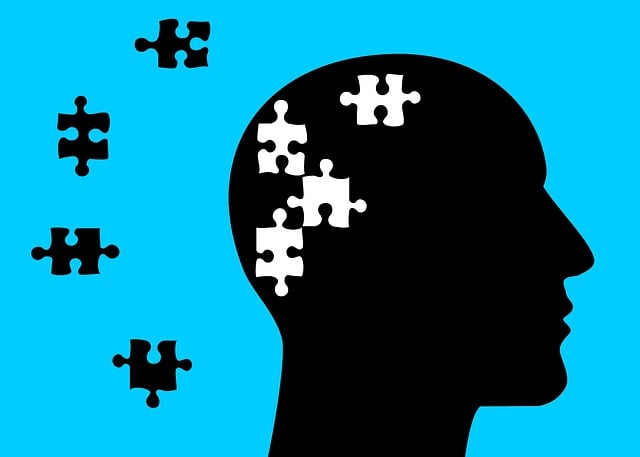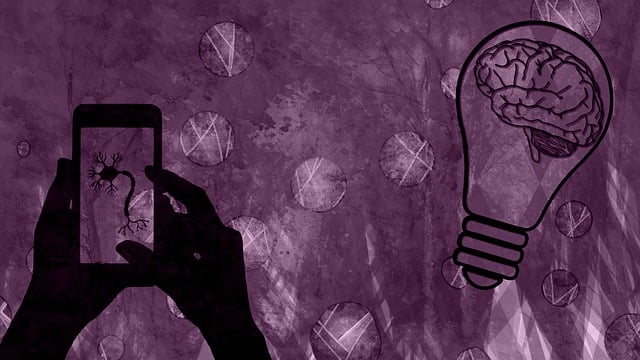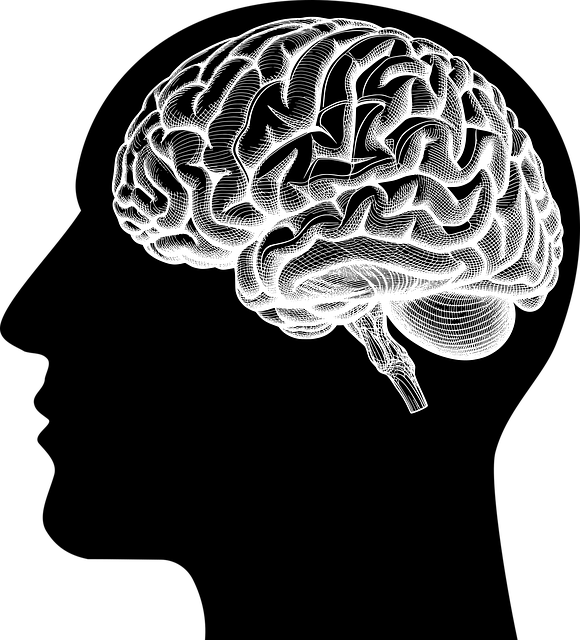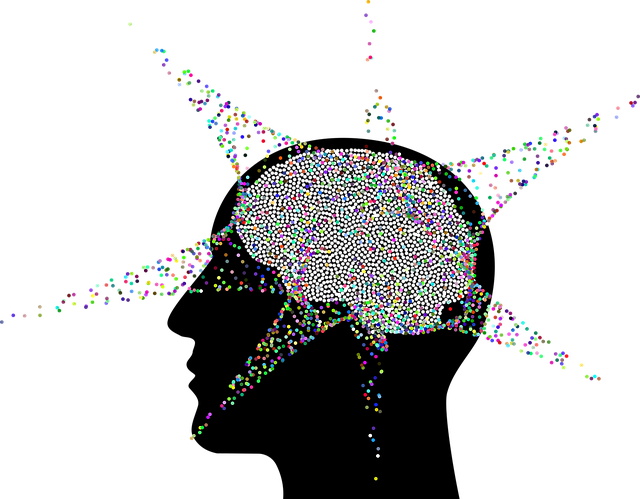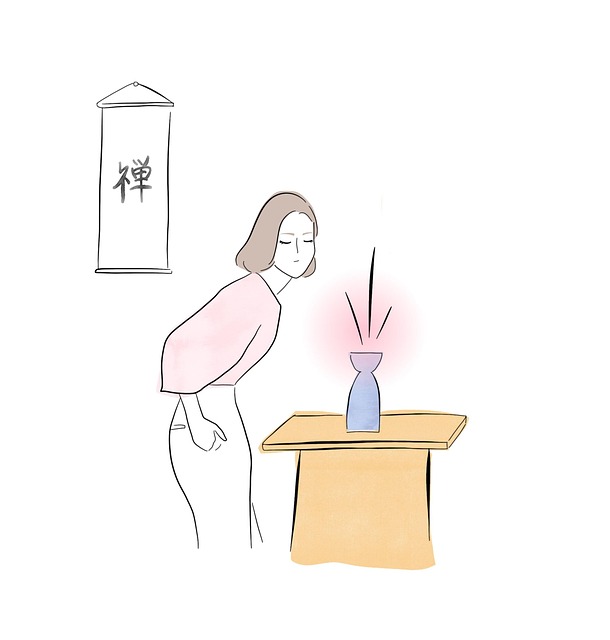Risk assessment in mental health practice identifies potential dangers, prioritizing client safety through holistic approaches that include self-care for professionals. Specialized services like Aurora Anger Management Therapy (AAMT) address intense emotional disclosures and systemic issues, mitigating risks with strategies such as mindfulness meditation and boundary setting. Case studies show AAMT's effectiveness in diverse settings, promoting healthier communication, stress reduction, and compassionate environments for both clients and practitioners, ultimately enhancing mental health outcomes and care quality.
Mental health professionals regularly confront complex risks, demanding a robust risk assessment framework. This article navigates the critical component of risk management in mental health practice. We explore ‘Understanding Risk Assessment’, delving into identifying and mitigating potential hazards, and present compelling case studies. Specifically, we highlight the successful implementation of Aurora Anger Management Therapy, showcasing effective strategies for navigating emotional challenges. By the end, professionals will be equipped with insights to enhance patient safety and foster positive outcomes.
- Understanding Risk Assessment in Mental Health Practice
- Identifying Potential Hazards and Mitigation Strategies
- Case Studies: Successful Implementation of Aurora Anger Management Therapy
Understanding Risk Assessment in Mental Health Practice

In mental health practice, risk assessment is a crucial process that involves identifying and evaluating potential hazards within a client’s life or situation. It’s a fundamental step in ensuring the safety and well-being of both clients and healthcare providers, such as those offering Aurora Anger Management Therapy. This comprehensive evaluation considers various factors, from an individual’s history and current circumstances to their behavior patterns and emotional states. By implementing effective risk assessment techniques, mental health professionals can develop tailored interventions and support plans that mitigate risks and promote positive outcomes.
A holistic approach to risk assessment includes considering not only the client’s personal dangers but also systemic issues like social determinants of health and cultural competency. For instance, healthcare providers specializing in cultural sensitivity in mental healthcare practice recognize that a person’s background, identity, and cultural context can significantly influence their mental well-being and response to treatment. Incorporating Self-Care Practices into one’s routine is another vital aspect, as it helps professionals manage stress and maintain the emotional resilience needed to provide quality care.
Identifying Potential Hazards and Mitigation Strategies

Identifying potential hazards is a crucial step in risk assessment for mental health professionals. This includes recognizing and addressing factors that could negatively impact both clients’ mental wellness and the therapist’s well-being, such as high-stress environments or intense emotional disclosures. For instance, therapists facilitating Aurora Anger Management Therapy may encounter individuals with uncontrolled anger, which requires specialized skills and a safe, structured setting to mitigate potential risks.
Implementing effective mitigation strategies is essential to navigate these challenges. Mental health professionals can employ techniques like mindfulness meditation during sessions to create a calm atmosphere. Additionally, establishing clear boundaries, having emergency response plans, and even participating in community outreach program implementations can help ensure the safety of both clients and therapists. These proactive measures contribute to fostering a secure environment, enhancing the therapeutic experience, and ultimately supporting positive mental health outcomes.
Case Studies: Successful Implementation of Aurora Anger Management Therapy

Case studies demonstrate the successful implementation of Aurora Anger Management Therapy (AAMT) in various settings, highlighting its effectiveness as a risk mitigation strategy for mental health professionals. These studies showcase how AAMT can be tailored to individual needs, making it a versatile tool for managing anger-related issues among clients and even within professional teams. By incorporating techniques such as mindfulness, cognitive reframing, and empathy building, AAMT promotes healthier communication and stress reduction methods, which are essential components of comprehensive risk management planning for mental health professionals.
Moreover, the integration of compassion cultivation practices into AAMT underscores its potential to foster a supportive and safe environment, both for clients and practitioners. Through these case studies, it becomes evident that investing in evidence-based programs like AAMT can significantly contribute to the overall well-being and professional resilience of mental health professionals, thereby enhancing their ability to provide high-quality care.
Mental health professionals, by their nature, engage with individuals facing diverse challenges. Implementing risk assessment strategies, such as those exemplified by the successful application of Aurora Anger Management Therapy, is essential for ensuring safe and effective treatment. By identifying potential hazards and employing appropriate mitigation tactics, professionals can create a supportive environment that promotes healing while minimizing risks. This comprehensive approach not only safeguards practitioners but also enhances client outcomes in the dynamic field of mental health care.


